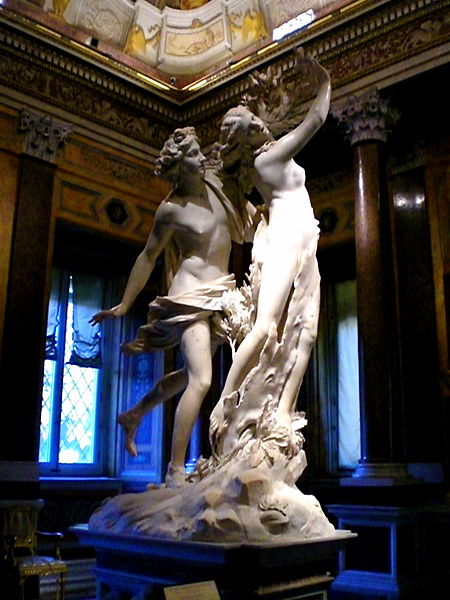Education is the cultivation of wisdom and virtue. In deciding how to accomplish this with our own children, we would do well to see how it was done in a time when wisdom and virtue were more prevalent than in our own.
~Martin Cothran, in a blog at http://www.memoriapress.com/articles/founding-fathers.html
While in Italy, Lanny and I marveled at the scope of subjects we saw in the art we viewed. The art was seen not only in art museums and galleries, but also in churches. Especially at the huge museum at the Vatican, we saw masterpiece after masterpiece, whose subjects were not just religious ones. Many were about Roman or Greek mythology, or political figures. What surprised us was the knowledge the artists had of classical Roman and Greek subjects. Even the Sistine Chapel, which has long been considered a sacred Christian masterpiece, has classical nudes and sibyls scattered across it. Michelangelo's work required a detailed knowledge of Biblical stories, and his portrayal of each character required an understanding of the philosophy and theology and politics of the time in which he lived.
 |
| The ceiling frescoes of the Sistine Chapel, painted by Michelangelo in 1512. |
In another area of the Vatican we walked through several rooms that had frescoes painted by Raphael. He had been influenced by Michelangelo's work in the Sistine Chapel, which was underway while he painted this fresco, and most of the subjects were given to him by the pope who commissioned the work. One of the works, entitled The School Of Athens, had a classical subject that referred directly to Greek philosophers and mathematicians. To paint this required a good knowledge of Greek philosophy and mathematics.
 |
| The School of Athens fresco, painted by Raphael |

The common thread in all of these masterpieces is that the artists all received a classical education, that included learning Latin and Greek, literature, music, art and philosophy. Mathematics and science were also learned. They didn't just study how to paint or how to carve marble.
I was reminded of this during the recent election. Public education was an issue that was discussed locally. Everyone agrees that education is important, but there are vast differences of opinion on what exactly that education should look like.
Without arguing any particular political points, I want to make a pitch for including more of the "classics" in our public education. Lanny and I wondered aloud if creating anything even close to these works is possible today, given our emphasis on "practical" education. We have heard people advocating for years a return to "readin', writin'. and 'rithmatic". Philosophy is viewed with suspicion. Art, music, classic literature are seen as frills and unnecessary. I disagree! All of these subjects are important, and indeed, exposure to the classics can expand a young mind to appreciate the beauty in them. And I would make the case that without exposure to the classics, creativity is diminished and our world becomes a more narrow and rigid place.
Writing this blog, I did some surfing on the internet about "classic education". I learned that the founding fathers of our country were classically educated. They all knew at least some Greek and Latin, most spoke other languages. They knew philosophy and mathematics. They had read classic literature. And that is how they were able to shape the concepts that became our unique form of government.
So, as we continue the debate about what public education is going to look like, let us remember the importance of including some of the classics. Let us remember how studying these subjects enriched the lives of some very creative people, and fostered new, creative ideas. We can do better than just training people for skilled jobs. We can teach them as young people to think creatively!! If we can do that, solutions to many of our society's problems should be an easier task.
No comments:
Post a Comment